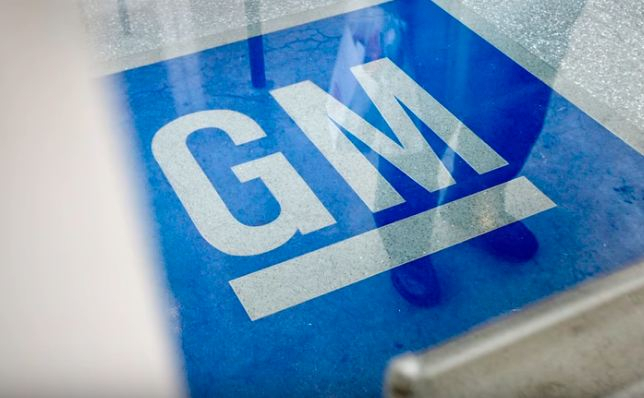
The 40-day long strike between United Auto Workers and General Motors cost the company $3 billion. So much so, that it even weighed on the US factory output through October. The initial crisis for General Motors might be over but other U.S. automakers seem to be at great risk as United Auto Workers initiates talks with them.
General Motors' loss comes at a time when car sales continue to shrink in the United States. United Auto Workers which entered into an improved contract with General Motors to end the 40-day strike is now using it to boost work conditions with other automakers.
According to Bank of America Merill Lynch, the improved contract may not affect Ford but puts Fiat Chrysler at great risk of a prolonged strike similar to that of General Motors'.
A large proportion of Fiat's employees comprise non-full-time workers, which makes it more prone to face a strike in the coming days. Of the total Fiat's workforce that are members of United Auto Workers, 59% are in-progression employees, while 13% are temporary workers. These workers were hired after 2007 and earn less than legacy employees.
Given that temporary employees at General Motors managed to win significant improvements in their pay through negotiations, the ones at Fiat too are likely to make similar demands from carmaker's leadership. Given that contract improvement means higher costs, it is likely to raise operating costs for Fiat and might significantly bite into it profits, says Bank of America Merill Lynch.
All's not well for US automakers
U.S. automakers have been facing a tough time for the more than a year now. Donald Trump's trade dispute with China is already hurting their costs. Moreover, a slowdown in China has seen a decline in car sales for the ninth consecutive month in the world's largest car market.
If that isn't enough, declining car sales in the domestic market too has been troubling all major U.S carmakers. The 40-day strike at General Motors that resulted in the company's leadership giving in to the demands of United Auto Workers in the form of improved contracts is just the beginning of another round of crisis for other US carmakers.
Bank of America Merill Lynch said that a strike with Fiat will "materially increase costs" and could also to a great extent shrink the carmakers' labor advantage over companies like Ford and General Motors.








